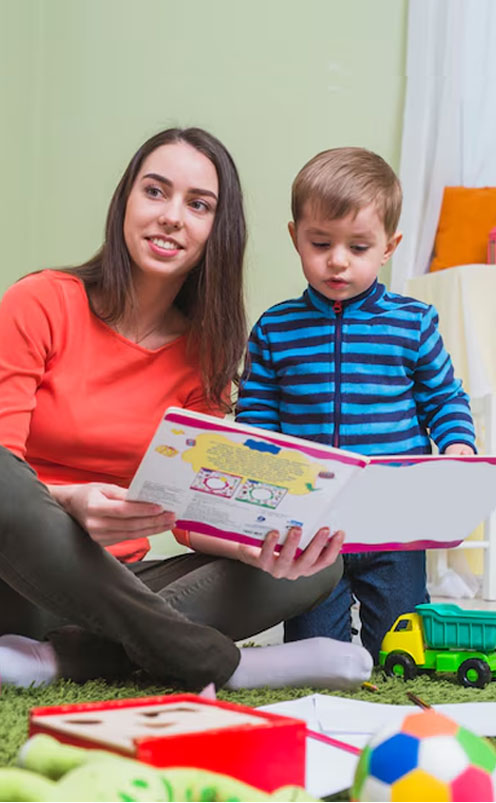Montessori is an educational philosophy and method developed by Dr. Maria Montessori in the early 1900s. It is based on the belief that children learn best in a prepared environment that encourages independence, exploration, and hands-on learning. The Montessori approach emphasizes self-directed learning, mixed-age classrooms, and specially designed materials that support a child’s natural development.
Students choose activities based on their interests and developmental readiness, fostering intrinsic motivation and a love for learning.
Montessori materials are designed to help children learn through touch, movement, and manipulation, promoting deep understanding of concepts.
Children are encouraged to take care of themselves and their environment, building confidence and practical life skills.
Older children mentor younger ones, creating a collaborative and community-oriented learning experience.
Montessori educators observe and support students rather than directly instruct, allowing children to develop at their own pace.
Montessori nurtures not only academic skills but also social, emotional, and physical growth.
Montessori education is used worldwide in preschools, elementary, and even secondary schools, offering a student-centered, individualized approach that fosters curiosity, creativity, and lifelong learning.
